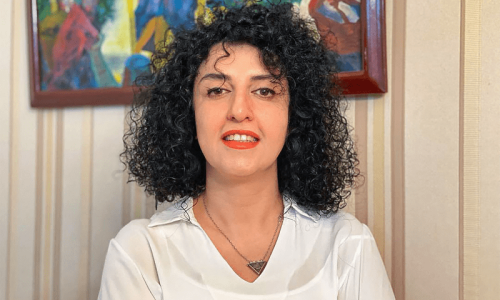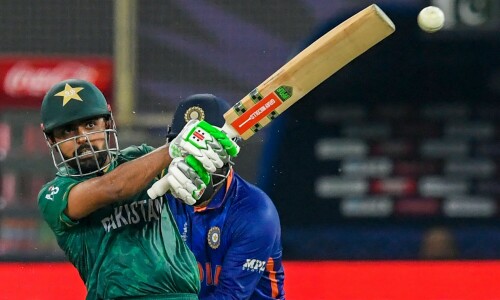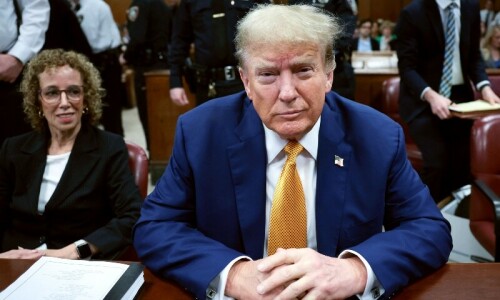THERE has been a genuine criticism of public healthcare system across the country of late. Even government healthcare facilities that were known in the past for delivering better services to the masses are now part of the rut.
For instance, the Dow University Hospital, Karachi, which is associated with the Dow University of Health Sciences (DUHS) in Karachi, was once a healthcare facility that people used to take pride in. It was known for its quality medical treatment that was perfectly affordable to one and all. That is not more the reputation it enjoys today. A facility that actually provided solutions to problems in the healthcare delivery domain is today part of the problem.
There might be resource constraints that may partly explain the lack of medicines and equipment, but there is nothing that may even come close to justifying the largely non-cooperative, negligent, almost arrogant attitude of the doctors and paramedics on duty. If they have some issues with their administration, it will make sense if they go to the administrators and show them the attitude and threaten them with consequences. Why do they show attitude and threaten the patients and their families? Just because they can. And then one day someone stands up to them and pays them back in the same coin. The whole community comes to rescue the culprit and calls it an act of violence against healthcare professionals.
As things stand today, fresh medical graduates are often allowed to take history of patients and interpret it to the doctors later. The doctors, instead of giving full attention to the patient, seem to be more focussed on and interested in assessing the quality of the report presented by the trainees.
The doctors give divided or little attention to the patient’s grievances. They spend little or no time on making their own observations, clinical examination and diagnosis. All this is based on the report produced by the trainees and their intuitions.
This causes irritation and frustration to patients and their attendants. It seems that the patients are there as bodies for the medical trainees so that they may get enough exposure that may help them in their private practice later in life rather than as patients needing treatment.
The situation gets worse when the patients are at the disposal of ‘senior’ trainees who start prescribing treatments and medicines even in the absence of a doctor. There are times when even nursing graduates become prescribing doctors. This is as callous and inhumane as a medical treatment can get. The financial cost of such prescriptions is borne by the patients’ families even when a prescription by a nursing graduate is overruled by a medical trainee, then by some senior trainee, then by a junior doctor, followed by a senior doctor then ultimately by some consultant. This scenario is applicable to the ‘lucky’ patients who have a health condition so chronic and critical that it attracts the attention across this hierarchy of shame.
The pain and sufferings that the patient undergoes are immeasurable and, in many a sense, the greatest pain of all. Trainee nurses are often allowed to administer injections and insert cannula. They often end up inserting the needle incorrectly. Feeling nervous and confused, they try to put the needle into a vein again and again which causes great pain to the patient and even damages nerves that results in bleeding, bruising and swelling, adding to the suffering of the patient.
All this is not some imaginary tale. It is not even based on some random observations. All this is what I personally experienced recently when I took my father to the said hospital and spent three days there. Of course, it means three nights as well because the agony served in the name of healthcare is a round-the-clock affair.
We ended up spending Rs150,000 during that time, and left with a swollen arm and pain, owing to cannula mis- handling, no definite diagnosis and no relief in my father’s condition.
The hospital management would do well to have some professional sense of training the young, inexperienced doctors effectively and efficiently.
There is no doubt that it is a training hospital, and training is an integral component of its existence. But there has to be some professional approach to training other than leaving the entire patient population at the mercy, whim and fancy of the trainees. What is the point of leaving the system paralysed?
Name withheld on request
Karachi
Published in Dawn, March 7th, 2023













































Dear visitor, the comments section is undergoing an overhaul and will return soon.